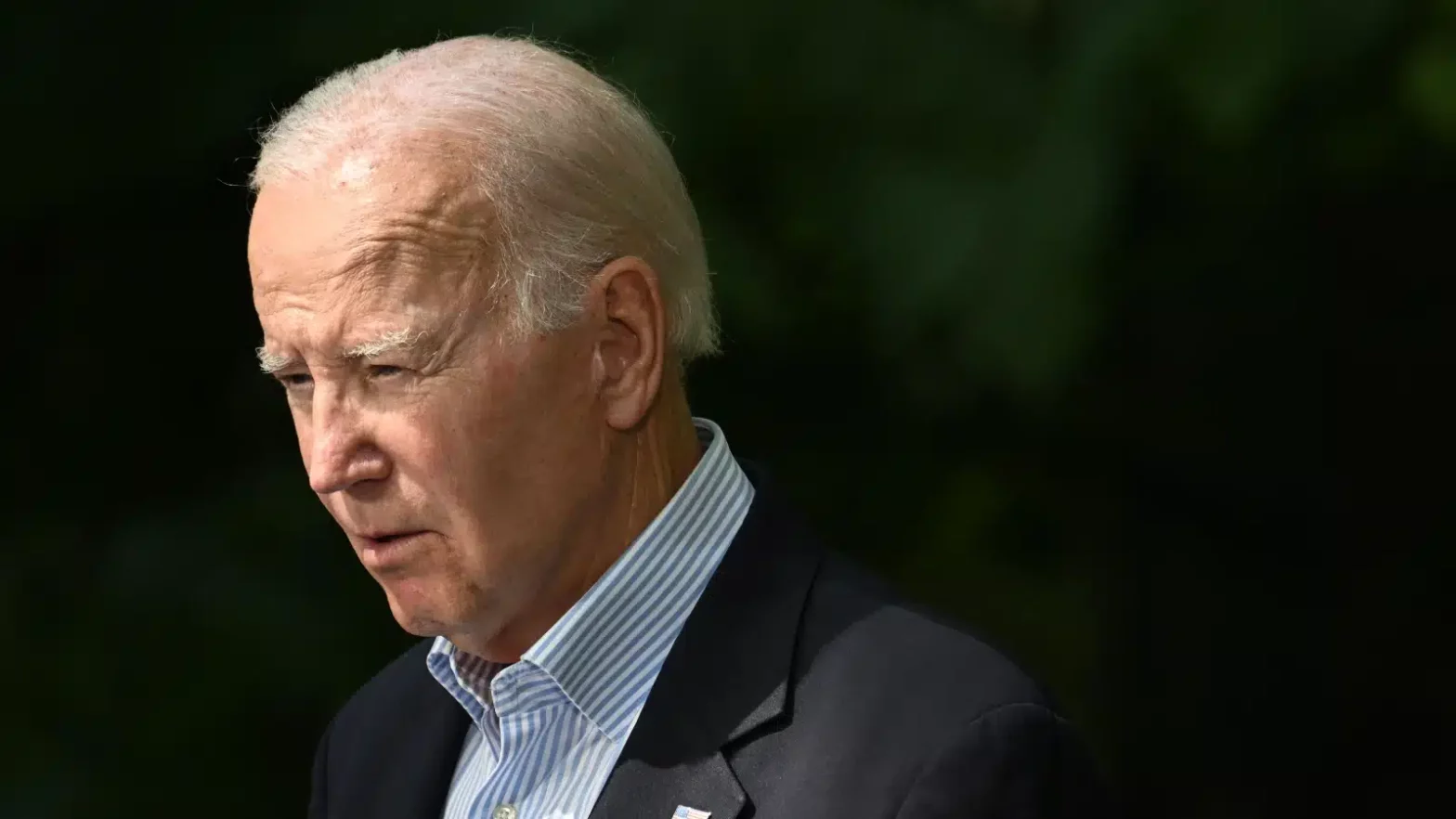The island of Maui, a tropical paradise known for its breathtaking landscapes and vibrant culture, has recently been engulfed in a crisis that has left its residents in a state of despair. Wildfires, a calamity that has become all too familiar in various parts of the United States, have now left their mark on this beautiful island, causing widespread devastation.
Amidst the charred remnants of what was once a lush landscape, the emotional turmoil of the residents has come to the forefront. Ella Sable Tacderan, a longtime resident of Maui, became the voice of this collective anguish during a recent CNN interview. “”Where is the president?”” she asked, her voice quivering, encapsulating the feeling of abandonment that many on the island are grappling with.
Tacderan’s plea is emblematic of a larger issue. It’s not just about the physical presence of President Biden or the immediate response to a natural disaster. It’s about the perceived neglect of a community that is an integral part of the American fabric. The sentiment of being relegated to the sidelines, of being an afterthought, resonates deeply with the residents of Maui.
In the immediate aftermath of the wildfires, the community’s resilience shone through. Stories of heroism, of neighbors helping neighbors, and of a collective spirit of rebuilding emerged. Local businesses, community centers, and ordinary citizens rallied together, showcasing the indomitable spirit of Maui. Yet, in this narrative of local solidarity, a glaring void was evident – the absence of a robust federal response.
President Biden’s initial reaction, or rather the lack of it, was a stark reminder of this void. The silence from the White House was not just a lapse in communication; it felt like a lapse in empathy. And when the president did finally address the situation, his fumbling over the island’s name was perceived as more than just a gaffe; it felt like indifference.
The federal aid, a one-time payment of $700 from the Federal Emergency Management Agency, while a start, seemed like a drop in the ocean given the magnitude of the devastation. Homes reduced to ashes, businesses upended, and an ecosystem in turmoil – can such a crisis truly be addressed with what seems like a token amount?
Moreover, the promise of a presidential visit to the island, while symbolic, carries significant weight. It’s a gesture that signals prioritization, empathy, and a commitment to rebuilding. Yet, as days turn into weeks with no confirmed date for this visit, the residents are left in a state of limbo, questioning their place in the broader national narrative.
The Maui crisis raises pertinent questions about federal responsibility, timely intervention, and the value placed on different communities. Tacderan’s emotional plea is not just a call for immediate action; it’s a call for recognition, for validation, and for reassurance that the residents of Maui are not alone in their hour of need.
As the island begins the arduous journey of rebuilding, the nation watches. The coming weeks and months will be a testament to the resilience of the Maui community, but they will also be indicative of the federal government’s commitment to its citizens, irrespective of their geographical location.
In the end, the situation in Maui is a stark reminder that in times of crisis, leadership matters, empathy matters, and timely action matters. The ball is now in the federal government’s court, and the nation waits with bated breath for its next move.
Source Trending Politics


